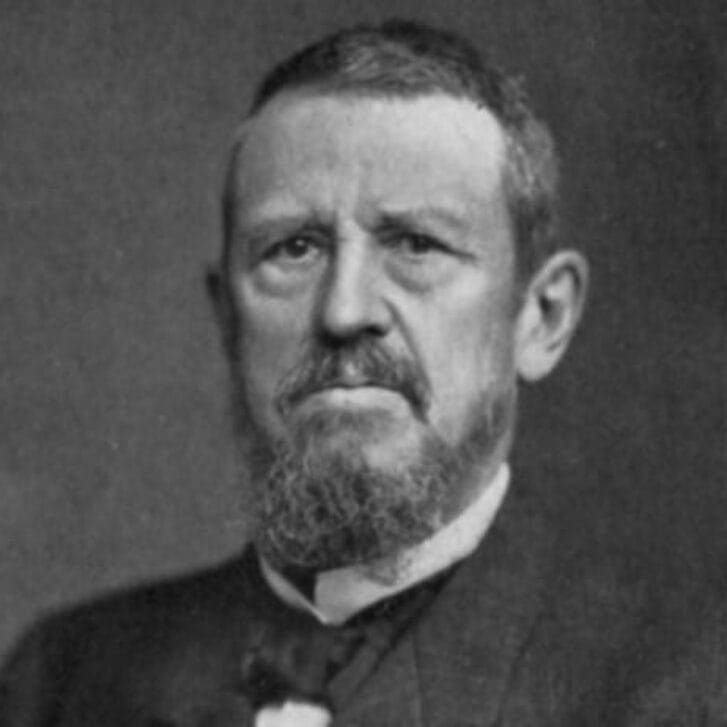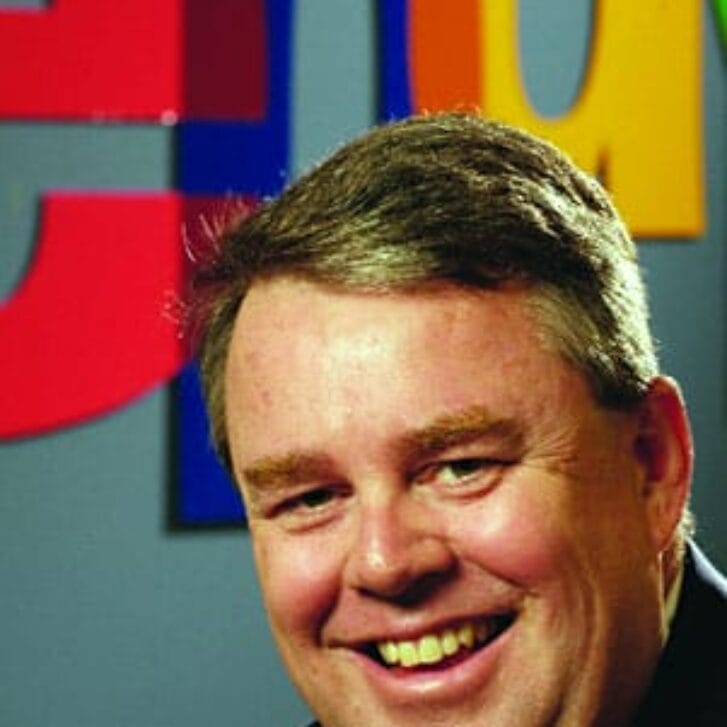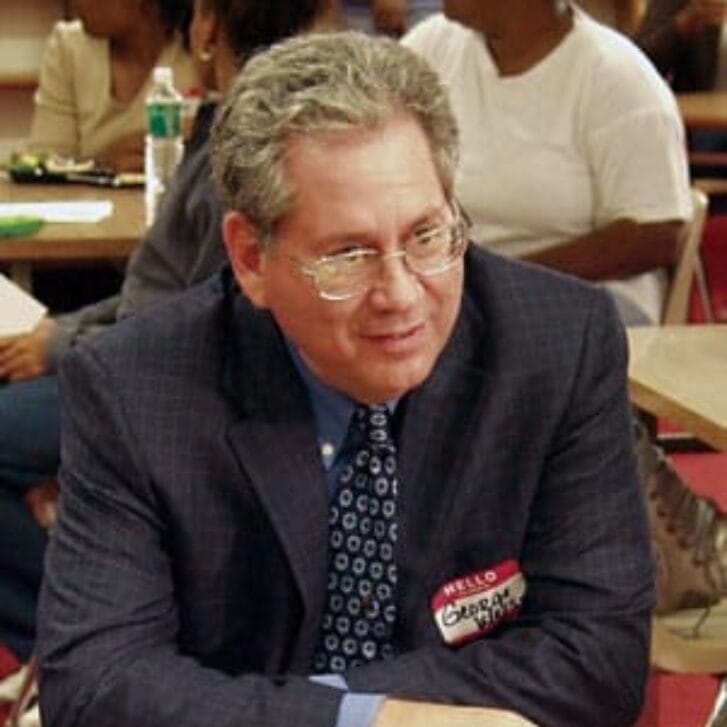Standing on the balcony at the New York Stock Exchange last spring was a surreal experience. I’d made my way to the heart of the Financial District that April to ring in the first day of trading for Rubrik, the cybersecurity software company I had co-founded 10 years before. The growth of an idea into a public company — one that hopefully will last many decades while improving the lives and experiences of thousands of customers and employees — is long and complex. As many Wharton graduates who have been through the process know, it is also exhilarating and filled with emotion.
My father was in my thoughts throughout the big day. He, too, was an entrepreneur, and while his circumstances differed greatly from mine, his memory and teachings were with me during the IPO ceremony. I’m from a small town in eastern India, where Dad built pharma businesses. It was never easy, and at times, food was scarce, but throughout my childhood, my father had a remarkable ability to see problems as opportunities for creative solutions. “Once you know what you need to solve, you can work your way towards it,” he’d say. This idea grew in me to a philosophy of unlimited learning and growth, which I call maximal thinking and which I have labored to instill in Rubrik’s culture. Viewing the world as a series of unlimited opportunities for problem-solving and improvement is intrinsically optimistic, which immediately raises the odds that you will be able to solve any challenge you face. Every new thing you learn is useful, since it’s something that may be valuable for problem-solving in the future.
I also thought of the education and early experiences that were key to developing this thinking within me long before Rubrik took me to the NYSE. My first great commitment to learning was engineering — no big surprise for a person tutored in a world of problems and solutions. Engineering rewards a somewhat fixed view of problem-solving where things work or they don’t. It’s a great first perch for a solution-finder. But other problems I solved, like getting into Wharton and obtaining a U.S. visa, opened my eyes to the fact that overcoming obstacles more often than not requires nuance.
Wharton was, honestly, one of my life’s greatest shocks. The geographic, social, and economic diversity of people as well as the vastly different mental, cultural, and emotional intelligences on display were things I’d never seen before. My binary-oriented engineering mind was challenged to think about how a team’s range of talents could be leveraged to find intricate solutions to big problems. These experiences introduced me to soft skills necessary for effecting change. As I looked out over the trading floor, surrounded by many of the people who helped build Rubrik, I thought of their diverse talents and contributions to our company, its products, and its culture.
As anyone who has taken a course at Wharton knows, the School also thoroughly teaches the importance of dealing in and managing risk, through strategy, execution, and financial management. When the three come together, it’s possible to build a durable business, which to me is a problem-solving machine. If the operation is run well, it has the potential to contribute solutions to countless people for decades or longer. But if a business avoids complexity and risk, it probably won’t last long or solve many important issues, if it gets off the ground at all.
That day was also one of great reflection on the challenges I faced as something of an outsider throughout my life. This was true whether I was coming to the U.S., attending Wharton, or working at a company like Oracle or IBM. As a venture capitalist, I funded visionary leaders and helped them build teams, but from a distance. With Rubrik, I finally moved from “outsider” to culture-builder. For many months, I put in long hours to ensure we’d be more collaborative, trusting, and open to risk. Our 30-minute executive meetings, held twice a month, were replaced with weekly sessions that lasted three hours or more. The focus on building a more trusting and communicative culture sometimes meant I had to become less controlling myself — no easy thing, but essential to helping the business, and me, grow in ways we needed. This paid off not only in revenue, but in raising our vision and our confidence as a problem-solving operation. We focused on teams of relentless problem-solvers, including, I’m happy to report, a number of Wharton graduates in key positions.
As we celebrated Rubrik’s move to the public market last year, I couldn’t help but feel proud of the enduring culture we’ve built and the relationships it has enabled us to foster among institutions and individuals across the globe. They trust us with their invested funds to pay mortgages, send kids to college, and see a comfortable retirement. It is a humbling realization that also stirs ambitions.
We are in rapidly changing times, with large-scale problems that technology can help solve, but only if it is used in healthy ways, by individuals with the confidence and trust to take risks, accept difficulty, and keep at it together. Data is valuable because it reveals patterns in nature and society that people learn and leverage, from early tool-building to the latest data-infused artificial intelligence. Stopping the devastation of ransomware, preventing cyber catastrophes, and keeping data in top condition are critical issues.
I’m confident these problems can be solved. After all, we’ve spotted them, which means we can start working to address them. For aspiring entrepreneurs, I encourage you to embrace the mindset of maximal thinking that my father instilled in me as we continue down the path to progress. I come from a small town in what might seem like an obscure place, but my view was big. On the balcony of the NYSE, surrounded by trusted friends, it felt limitless.
Bipul Sinha WG09 is CEO, chairman, and co-founder of cybersecurity company Rubrik Inc.
Published as “Blueprints of a Business Breakthrough” in the Spring/Summer 2025 issue of Wharton Magazine.


























